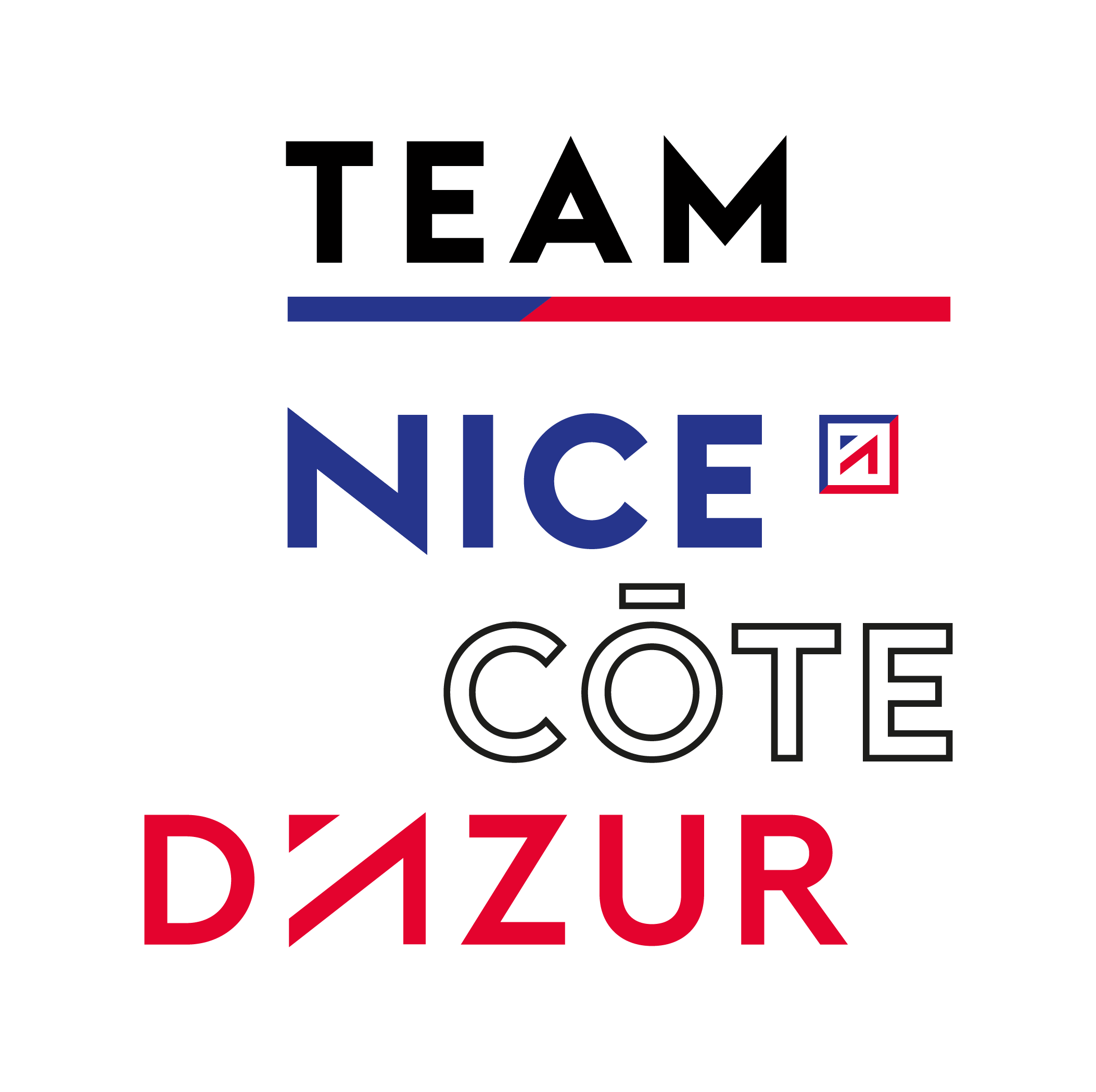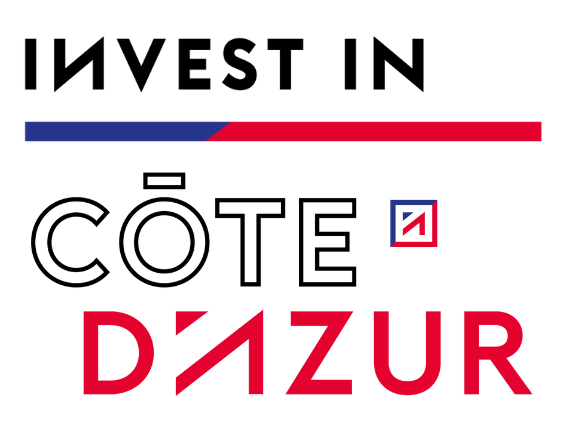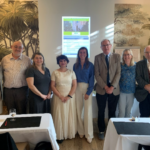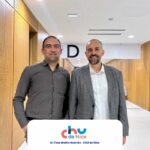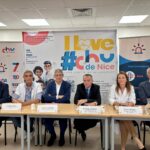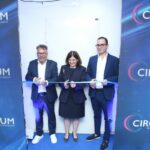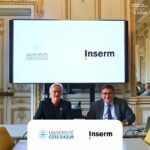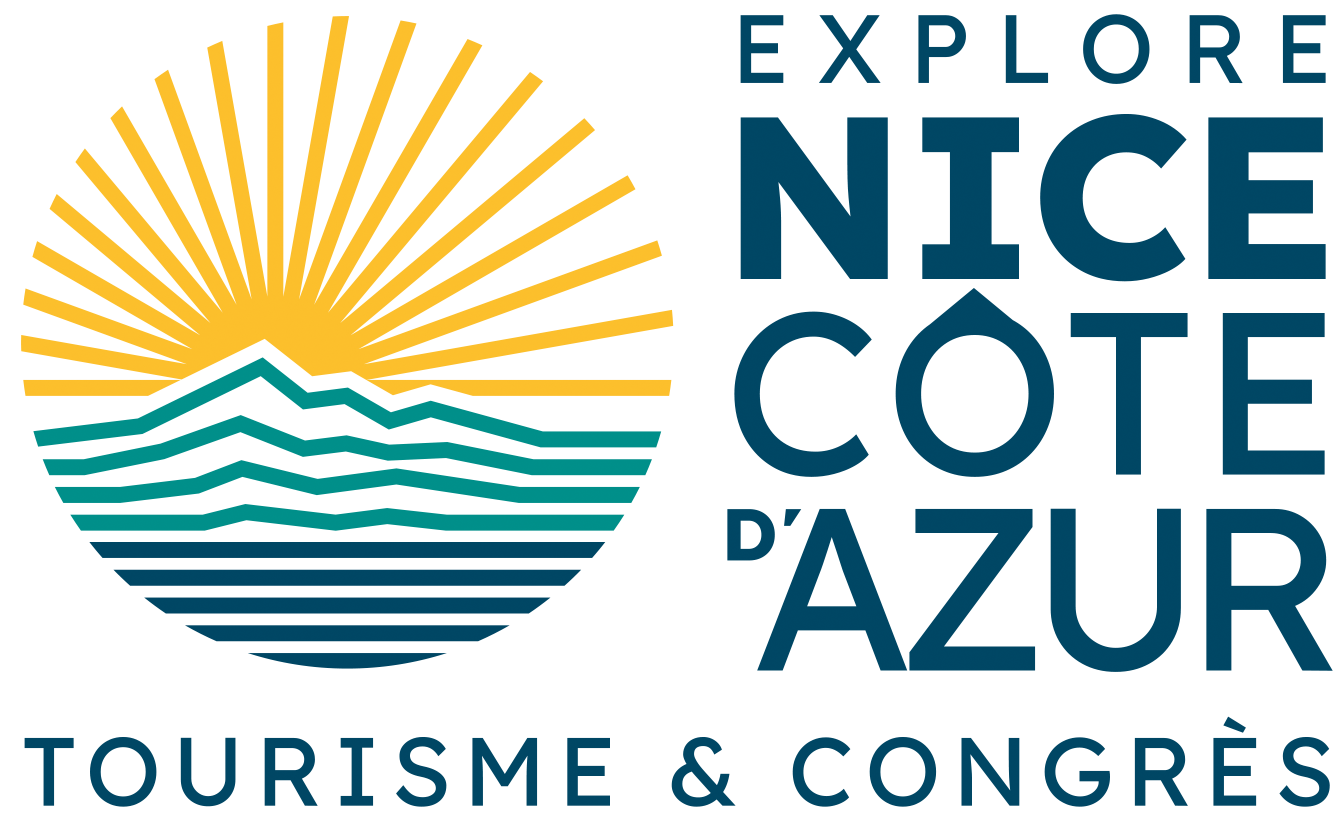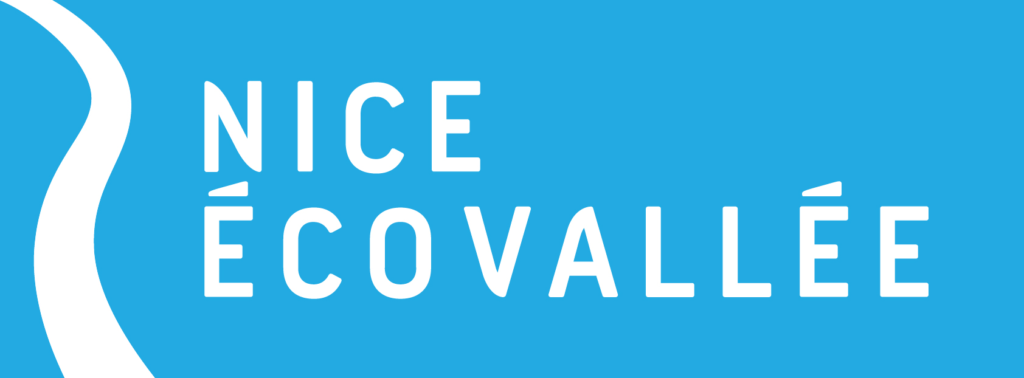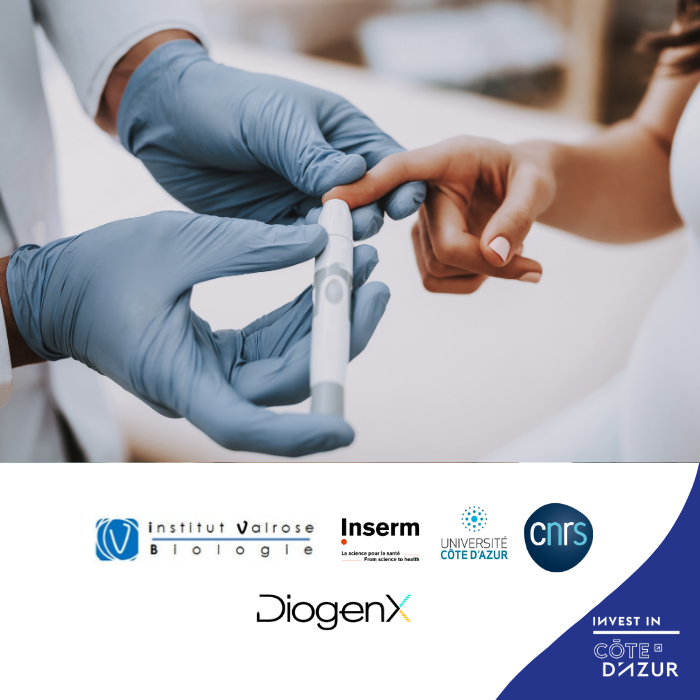
DiogenX, the biotechnology company co-founded by Professor Patrick Collombat, Inserm research director at the Institute of Biology Valrose in Nice, has recently raised 27.5 million euros to advance its regenerative treatment for type 1 diabetes towards clinical development.
The research efforts are hosted in Nice at the renowned and internationally acclaimed Institute of Biology Valrose (iBV), a tripartite institute comprising the CNRS (French National Centre for Scientific Research), Inserm (National Institute of Health and Medical Research), and the University Côte d’Azur.
New investors, including Roche Venture Fund, Eli Lilly and Company, and Omnes, have joined the ranks of existing investors such as Boehringer Ingelheim Venture Fund (BIVF), JDRF T1D Fund, and AdBio partners in this funding round. This funding round will enable the advancement of DiogenX’s leading drug candidate into clinical development for patients with type 1 diabetes. DiogenX had previously raised 4.5 million euros in June 2020.
The flagship program of DiogenX has the potential to become the first treatment capable of modifying the course of pathology in symptomatic type 1 diabetes.
Founded in 2020 based on the research work of Patrick Collombat, one of the leading scientists in the field of pancreatic beta cell regeneration, DiogenX is developing first-in-class recombinant proteins designed for the treatment of type 1 diabetes.
The main program of DiogenX aims to regenerate insulin-producing pancreatic beta cells using a recombinant protein that modulates the Wnt/β-catenin signaling pathway.
In the event of success, it has the potential to become a first-in-class therapy capable of modifying the course of the disease for the treatment of diabetes.
To date, the company has demonstrated the effectiveness of this program in preventing and reversing diabetes in in vivo models of type 1 diabetes.
During preclinical research, DiogenX has achieved a preliminary proof of concept with a significant increase in functional human beta cells, which are responsible for insulin production. Long-term exposure has been well tolerated in preclinical studies, demonstrating the safety of DiogenX’s approach targeting the Wnt/β-catenin pathway.
For the company, all of these data demonstrate the potential for clinical use both as a monotherapy and in combination with insulin injections and/or other therapies targeting pancreatic beta cells.
Type 1 diabetes is an autoimmune disease in which the insulin-producing pancreatic beta cells are destroyed by the immune system. This disease affects the metabolism of patients by influencing their ability to process and store glucose. Currently, there is no curative treatment for type 1 diabetes. It is estimated that 8.7 million people worldwide are living with type 1 diabetes, a number that is projected to reach 17 million by 2040.
Sources : DiogenX, Université Côte d’Azur
Healthtech Nice Côte d’Azur
- Caranx Medical, a Nice-based cardiac robotics MedTech startup, set to be acquired for €16.6 million
- AVC continues its expansion with a consolidated base in the Côte d’Azur
- New medical governance at CHU de Nice
- Nice University Hospital (CHU): a living laboratory of hospital transformation
- Caranx Medical announces first clinical use of its AI Software for real-time intra-operative guidance of transcatheter heart valve implantation.
- DimiCare Biotech: a Nice-based innovation among the winners of the i-Lab 2025 competition
- SunWaves-MedTech sets up in Nice to develop the connected medicine of tomorrow
- From Nice, Circum Medtech Pharma continues its industrial expansion
- LifeSciences Afterwork in Nice: connecting innovators in the life sciences sector
- Université Côte d’Azur and Inserm strengthen their scientific cooperation in health
